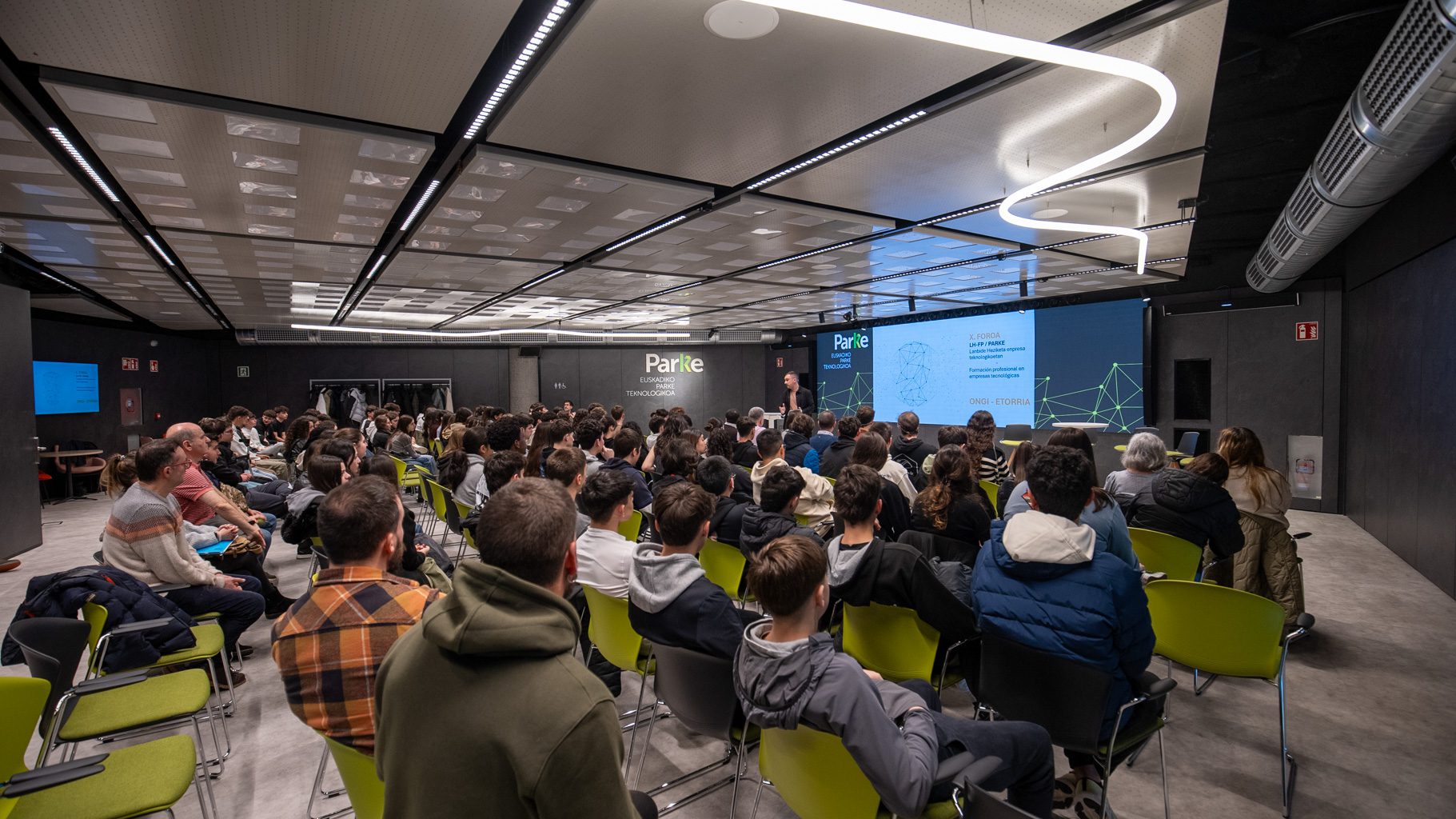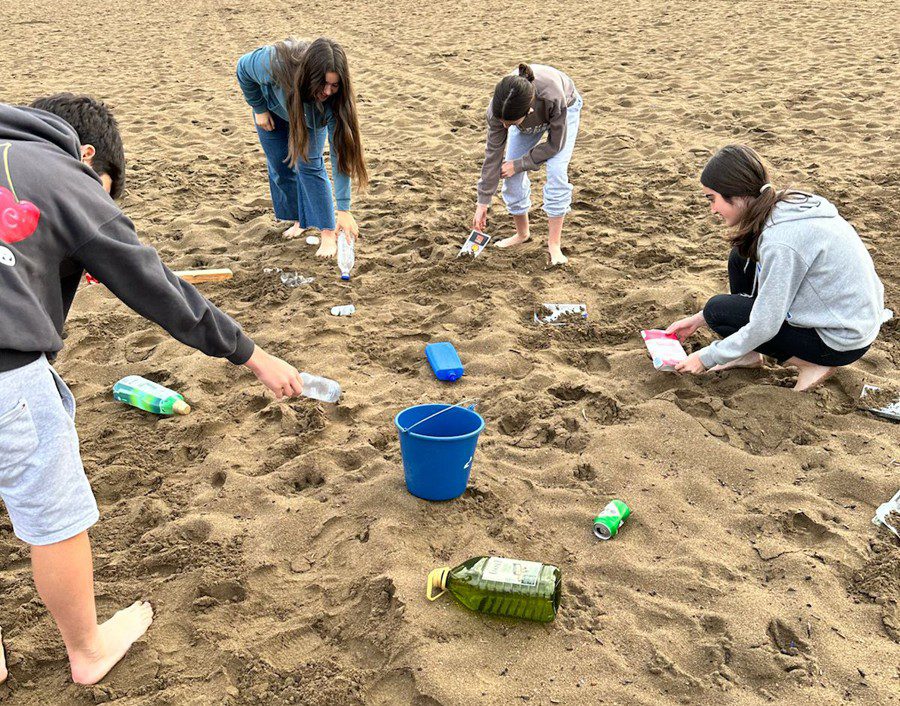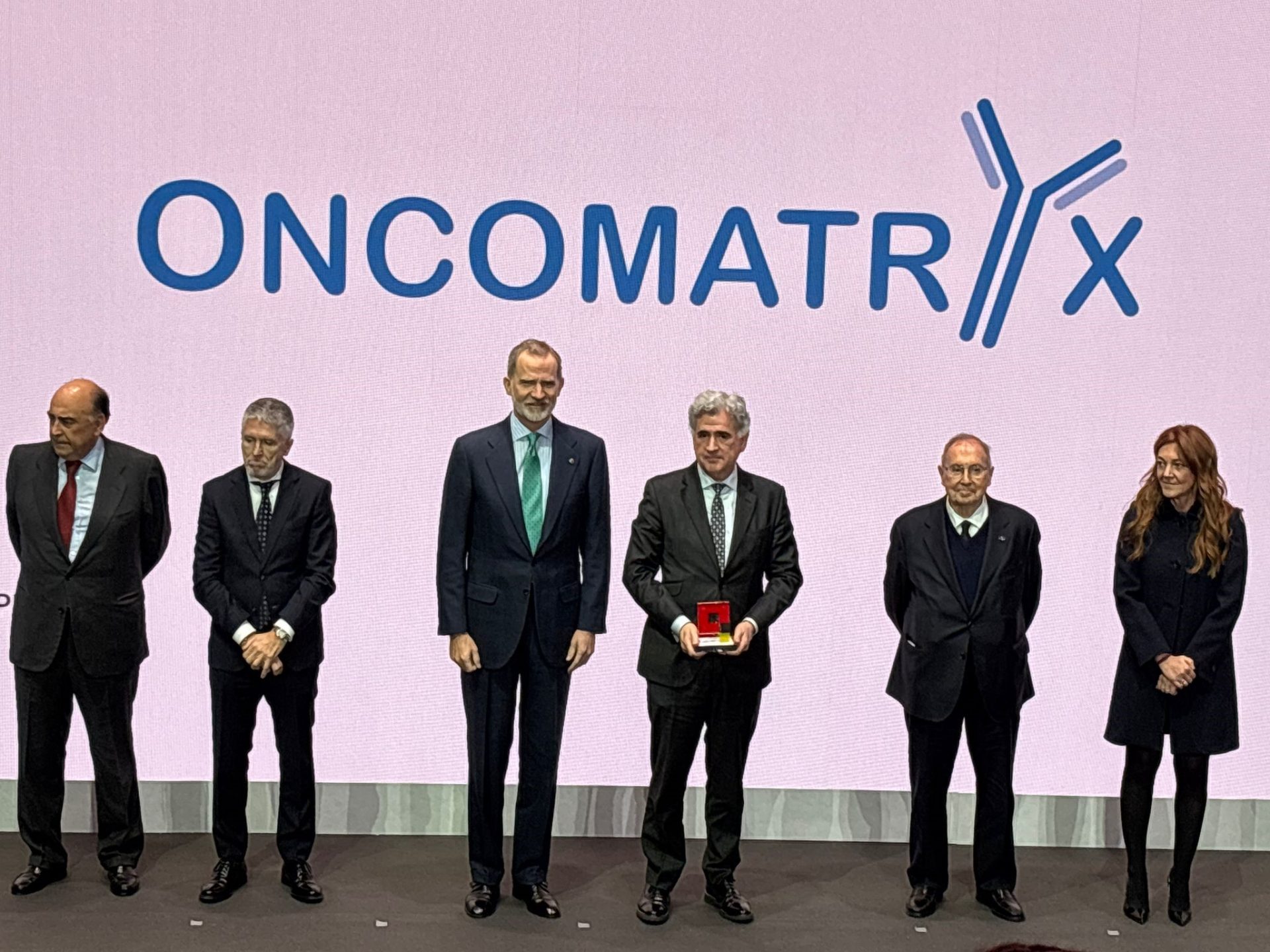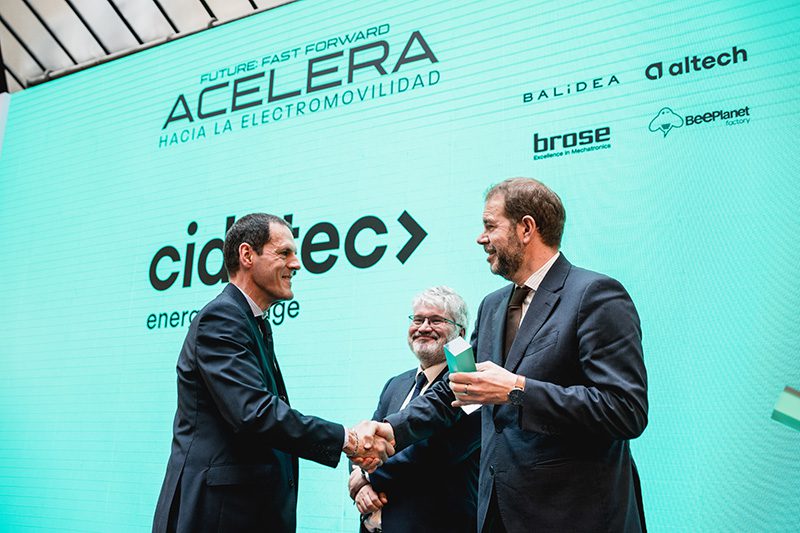The SEPARA project lays the technological foundations for the digital transformation of the waste recovery sector
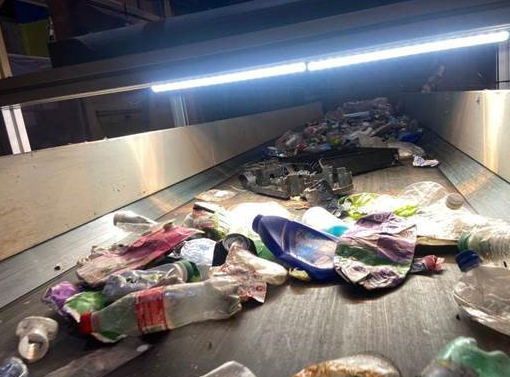
GAIKER has collaborated in the generation of new technological knowledge to lay the foundations for the intelligent digital transformation of the management and treatment model for light packaging waste.
The project “Technological transformation of the waste recovery sector to promote an effective circular economy in Spanish industry”, SEPARA, in which the GAIKER Technology Centre, a member of the Basque Research & Technology Alliance, BRTA, has participated, has been successfully completed after four years.
This research, carried out by a consortium of eight companies and led by Ecoembes, an organisation that has been promoting the recycling of plastic, metal, brik, wood, paper and cardboard packaging in Spain since 1997, has obtained satisfactory results, achieving all the proposed technical objectives and establishing a firm basis for future developments in the field of digitalisation of waste separation. In this aspect, intelligent systems have been incorporated in each of the phases of the process and a digital governance platform has been developed, which not only allows automated management of the plants, but also has the capacity to generate a wide range of outputs for stakeholders with different needs.
Funded by the Centre for Technological Development (CDTI) in its aid programme for Strategic Sectoral Business Innovation Initiatives, CDTI Missions, SEPARA was created with the objective of generating new knowledge aimed at laying the technological foundations for the intelligent digital transformation of light packaging waste sorting plants, in order to increase their efficiency and productivity.
To this end, advanced optical technologies, robotic systems, artificial intelligence algorithms and massive data processing systems have been researched and validated, applied to waste collection, to the sorting plant (real-time characterisation of incoming waste, triage of unwanted waste, sorting of packaging and monitoring of the quality of recovered materials) and to the interconnection of the collection-plant environment.
This research has contributed to the expansion and modernisation of the sorting and recycling capacity of plastic packaging and, therefore, to achieving the objective proposed by Directive (EU) 20185/852, whereby by 2030 all plastic packaging can be recycled.

